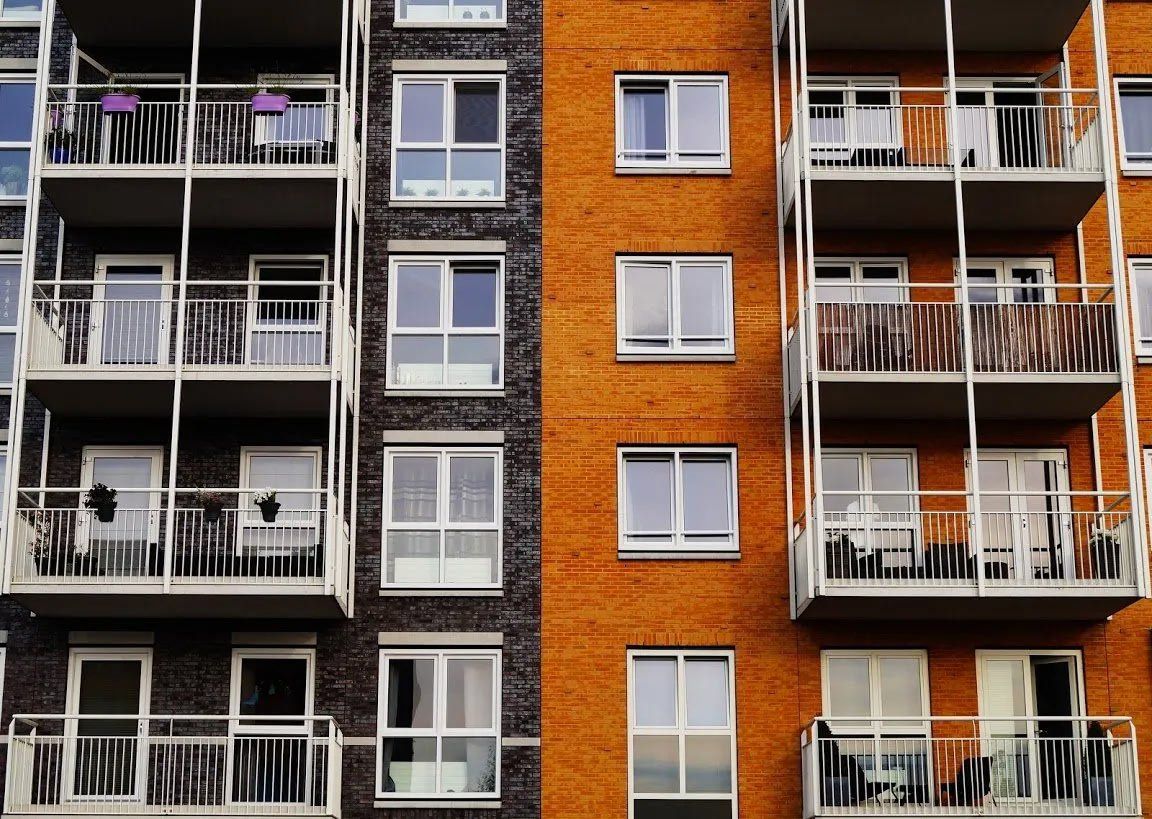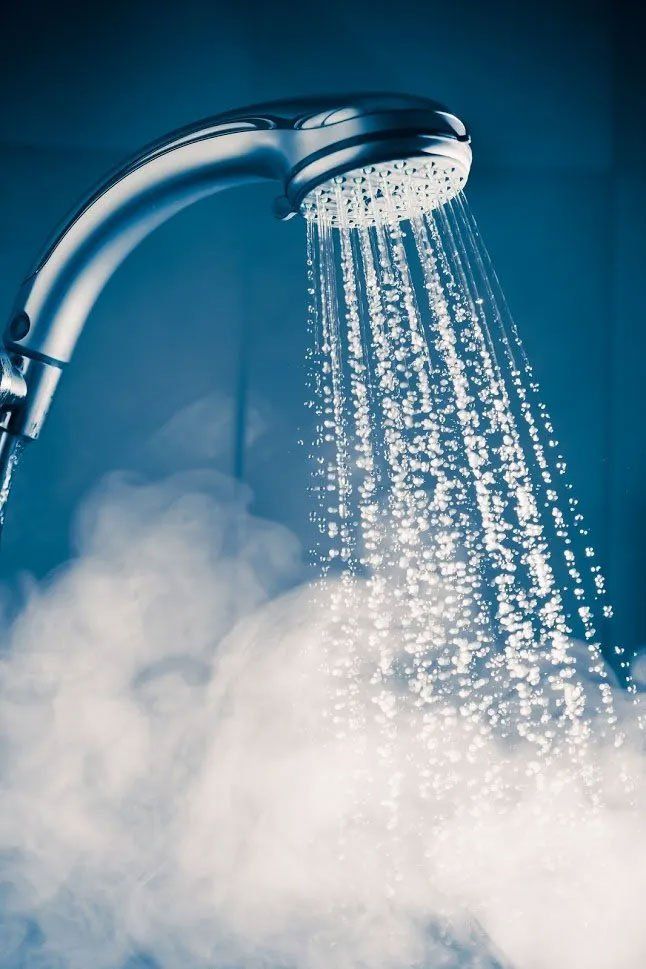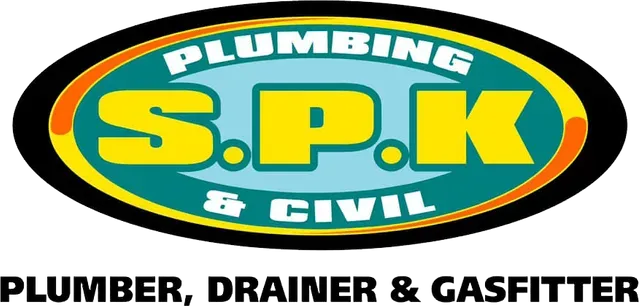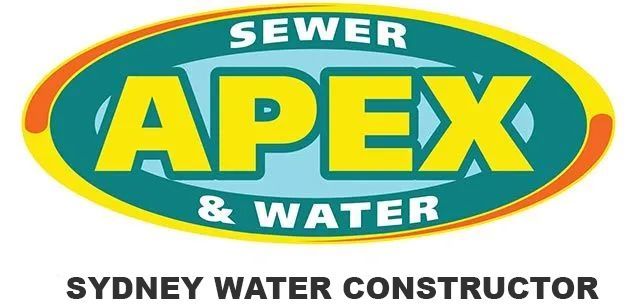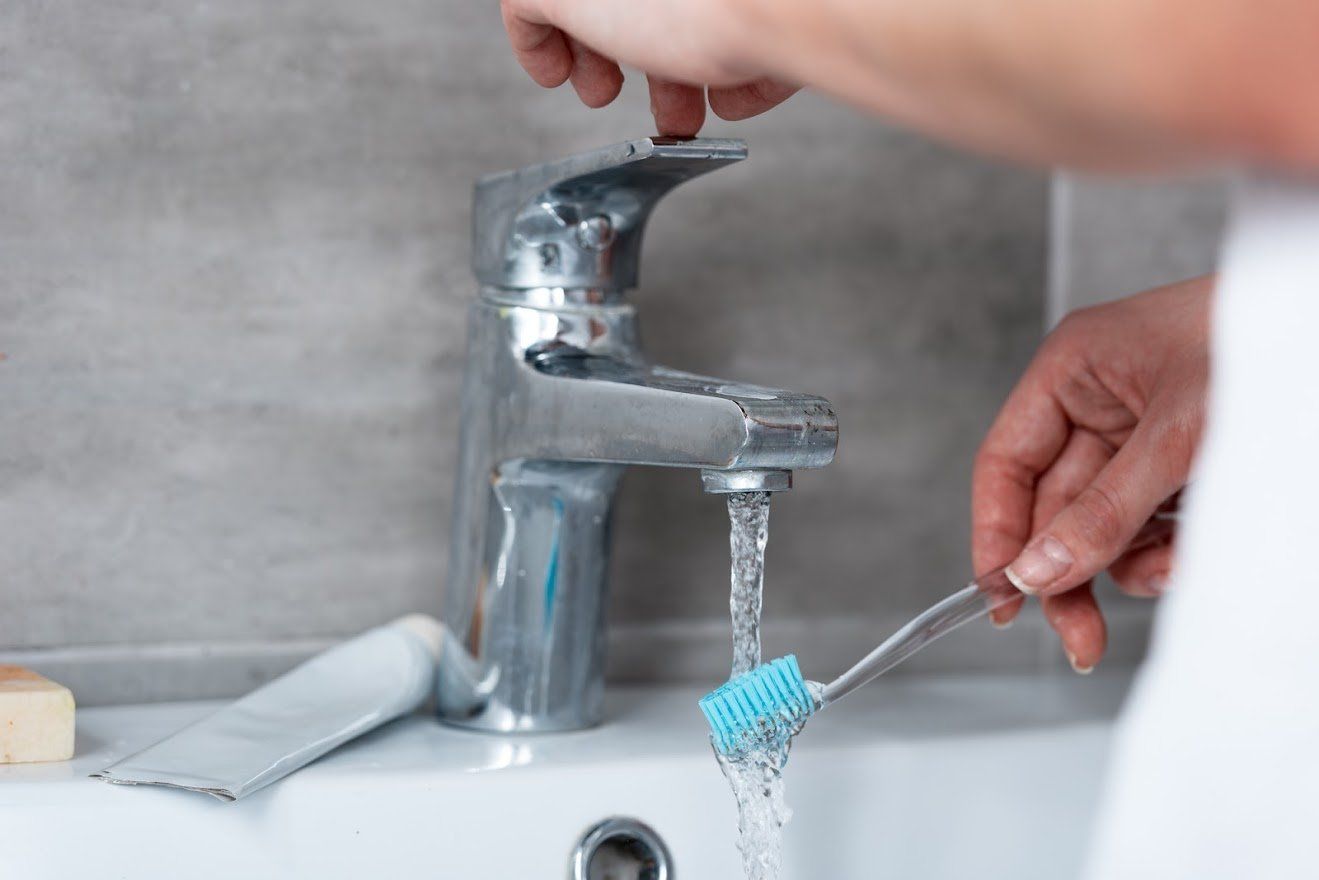5 Ways to Protect Your Hot Water System
Most homeowners will neglect hot water maintenance until they detect a problem with their systems. Routine hot water system repair and maintenance is necessary but can be difficult and costly. A severe defect in the hot water supply system can cause extensive leakages, leading to floods and structural damages to your property.
Therefore, conduct regular hot water system maintenance. Below is a guide with five tips to help protect your hot water system and avoid significant issues such as flooding and mould growth in your home.
1. Insulate your pipes
You have two advantages of insulating pipes. Firstly, you will save money on water heating expenses, and secondly, avoid frozen pipes in your home.
An insulated pipe loses minimal heat when compared to an uninsulated one. As such, you save energy bills since the water heater does not overwork. Additionally, you also save on water bills since the tap does not need to be run for an extended period to allow the water to heat up.
2. Back up your solar heated tank
Solar water heaters are great energy savers. However, sometimes, the sky is cloudy. As such, the photovoltaic device might not convert as much solar light into electric energy as it usually does. Therefore, you will need a backup plan to heat water during cold and cloudy days.
Gas and electric boosters are an ideal solution. Besides, you should ensure solar panels are clean to improve their efficiency.
3. Clean your tank
Water from your well or municipal water system contains debris such as sand, small rocks or silt. This debris settles at the bottom of the tank, thus affecting the functionality of the water heater. The sediments also contaminate your water and reduce the volume of water that the tank can hold.
Besides, they cause rust and clog the drain valve. Avoid these problems by flushing and cleaning the tank at regular intervals. Similarly, you could install a filter to sieve impurities. In this case, remember to clean the filter to prevent clogging that could damage your pipes.
4. Check your flood stop system
At all times, ensure that the flood stop system works correctly. Flood stop systems are hardwired to existing electrical systems with a battery backup near the water heater. The water heater pan has a sensor in it which turns off the unit's power and sounds the alarm if water is detected.
Having your flood stop system in the right working conditions will help prevent flooding and consequential damages.
5. Test the valves of your heater
As a safety feature, both gas and electric water heaters have a pressure relief valve. The valve's purpose is to open and release pressure if the water heater becomes over-pressurized. Test the functionality of the valve by lifting it halfway.
The valve should instantly snap back into place after being released. However, if it does not go back in place, contact a professional plumber to fix the valve and ensure it works correctly.
The tips above help improve the efficiency of your hot water system and ensure an uninterrupted supply of hot water. A well-functioning hot water system is a necessity and will help you avoid additional cold weather issues such as flooding, increased water and energy bills.
Should you find yourself in an emergency, you need an experienced partner to restore the plumbing system's functionality. Do not go any further; contact us at S.P.K Plumbing & Civil, and we will be glad to help you. We look forward to speaking with you soon and answering any questions or concerns you have about your hot water heater system.
You might also like
